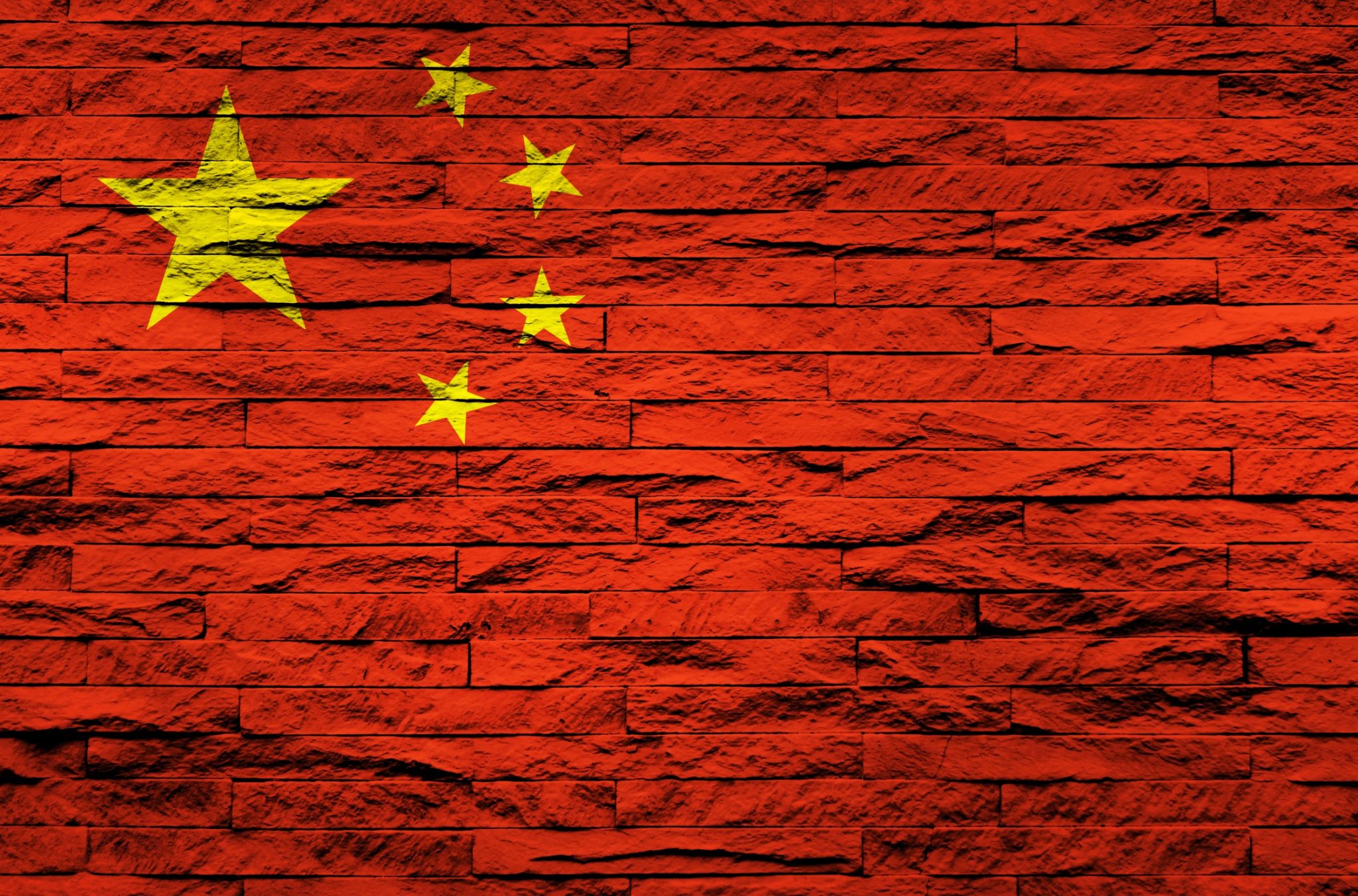National security law in Hong Kong prompts banks to scrutinize clients in search of pro-democracy ties
The National Security Law was implemented in Hong Kong in June 30, 2020 imposes strict penalties, including seizure of assets, for “secession,” “subversion,” “terrorism,” and “collusion with foreign forces.” The law, created after months of intense pro-democracy protests in Hong Kong, prompted foreign banks, including Credit Suisse and UBS, to carefully scrutinize clients for links to the Hong Kong democracy movement. Wealth managers in Hong Kong have now been told to look at their customers’ public and social media comments as far back as 2014 to find even moderate support for democracy. The end goal of this exercise would be to designate democracy supporters as “politically exposed persons” (PEPs). The designation, used to prevent money laundering by government officials and politicians, means that activists in Hong Kong may have difficulties accessing banking services or be prevented from doing so entirely.

